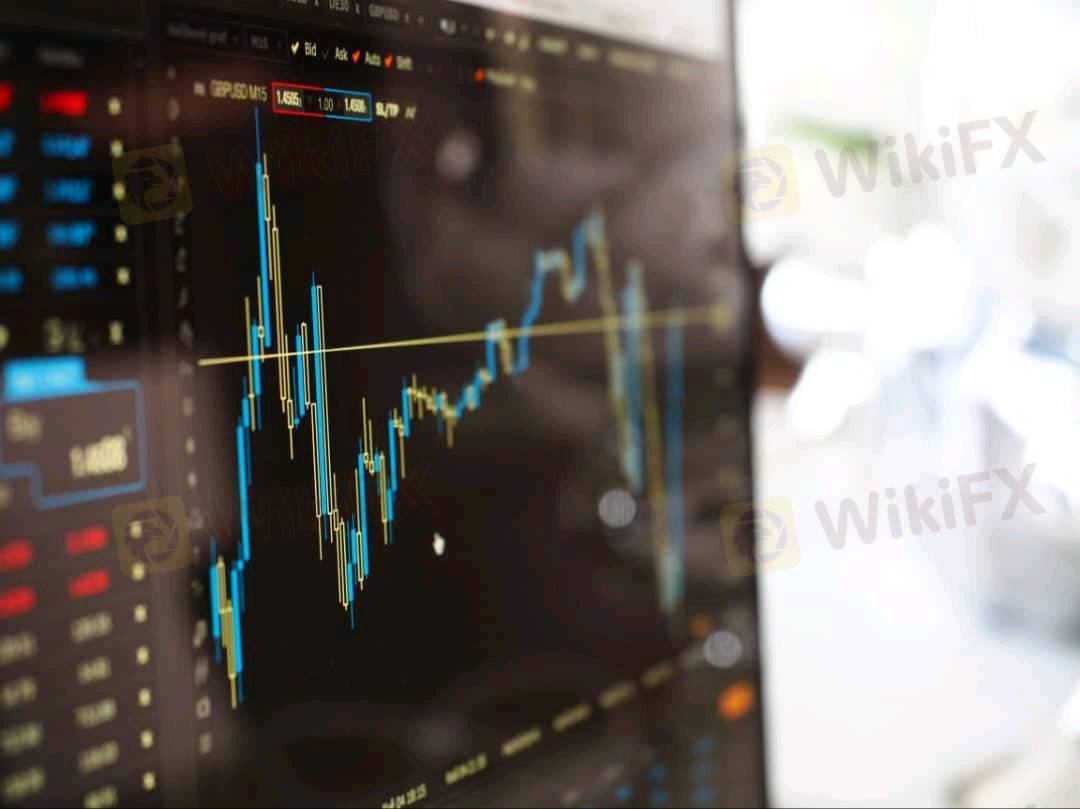
2025-01-29 18:15
業內How Forex Liquidity Affects Your Trades
#firstdealofthenewyearAKEEL
How Forex Liquidity Affects Your Trades
Forex liquidity refers to how easily a currency pair can be bought or sold without significantly affecting its price. High liquidity means more buyers and sellers are in the market, leading to tighter spreads, faster execution, and lower slippage, while low liquidity can cause wider spreads, price gaps, and unpredictable movements.
1. Impact of Liquidity on Spreads
High liquidity (Major Pairs): Tight spreads (e.g., EUR/USD, USD/JPY, GBP/USD).
Low liquidity (Exotic Pairs): Wide spreads (e.g., USD/TRY, EUR/ZAR).
Effect on Trades: Lower spreads reduce trading costs, making highly liquid pairs ideal for scalping and day trading.
2. Execution Speed and Slippage
High liquidity: Orders fill quickly at expected prices.
Low liquidity: Higher risk of slippage, where you get a different price than expected.
Effect on Trades: During high-liquidity periods (e.g., London & New York sessions), execution is smoother. During low-liquidity periods (e.g., weekends or holidays), slippage increases.
3. Volatility and Price Stability
High liquidity: More stable prices, less erratic movements.
Low liquidity: Sudden spikes and large price gaps.
Effect on Trades: If you trade low-liquidity pairs, use wider stop-losses and manage position sizing carefully to avoid stop-outs from erratic price swings.
4. Liquidity and Market Sessions
Most liquid: London (8 AM–4 PM GMT) and New York (1 PM–9 PM GMT) sessions.
Least liquid: Asian session (except for JPY pairs).
Effect on Trades: Trading during high-liquidity sessions ensures better pricing and execution. Avoid trading during illiquid periods unless necessary.
5. Impact on Large Orders (Institutional vs. Retail Trading)
Retail traders: Usually trade small lot sizes, so liquidity has minimal impact.
Institutional traders: Large orders can impact low-liquidity pairs, causing slippage.
Effect on Trades: If you're a retail trader, focus on highly liquid pairs for smoother order execution.
Final Thoughts
Liquidity plays a crucial role in spreads, execution speed, volatility, and trading costs. To minimize risk and maximize efficiency, trade highly liquid pairs during peak sessions. Are you looking for liquidity insights on specific forex pairs?
#firstdealofthenewyearAKEEL
贊 0

M shariff
Broker
熱門討論
業內
哎,现在明白不赌就是赢啊
行情分析
美元/加元技术面
技術指標
外汇技术分析之波浪理论
業內
[活動]論交易,贏取200元話費補貼
技術指標
EZ.Fury Kite是基于趋势指标MA进行判断
技術指標
指标派是什么?
市集分類

平臺

展會

代理商

招聘

EA

業內

行情

指標
How Forex Liquidity Affects Your Trades
 尼日利亞 | 2025-01-29 18:15
尼日利亞 | 2025-01-29 18:15#firstdealofthenewyearAKEEL
How Forex Liquidity Affects Your Trades
Forex liquidity refers to how easily a currency pair can be bought or sold without significantly affecting its price. High liquidity means more buyers and sellers are in the market, leading to tighter spreads, faster execution, and lower slippage, while low liquidity can cause wider spreads, price gaps, and unpredictable movements.
1. Impact of Liquidity on Spreads
High liquidity (Major Pairs): Tight spreads (e.g., EUR/USD, USD/JPY, GBP/USD).
Low liquidity (Exotic Pairs): Wide spreads (e.g., USD/TRY, EUR/ZAR).
Effect on Trades: Lower spreads reduce trading costs, making highly liquid pairs ideal for scalping and day trading.
2. Execution Speed and Slippage
High liquidity: Orders fill quickly at expected prices.
Low liquidity: Higher risk of slippage, where you get a different price than expected.
Effect on Trades: During high-liquidity periods (e.g., London & New York sessions), execution is smoother. During low-liquidity periods (e.g., weekends or holidays), slippage increases.
3. Volatility and Price Stability
High liquidity: More stable prices, less erratic movements.
Low liquidity: Sudden spikes and large price gaps.
Effect on Trades: If you trade low-liquidity pairs, use wider stop-losses and manage position sizing carefully to avoid stop-outs from erratic price swings.
4. Liquidity and Market Sessions
Most liquid: London (8 AM–4 PM GMT) and New York (1 PM–9 PM GMT) sessions.
Least liquid: Asian session (except for JPY pairs).
Effect on Trades: Trading during high-liquidity sessions ensures better pricing and execution. Avoid trading during illiquid periods unless necessary.
5. Impact on Large Orders (Institutional vs. Retail Trading)
Retail traders: Usually trade small lot sizes, so liquidity has minimal impact.
Institutional traders: Large orders can impact low-liquidity pairs, causing slippage.
Effect on Trades: If you're a retail trader, focus on highly liquid pairs for smoother order execution.
Final Thoughts
Liquidity plays a crucial role in spreads, execution speed, volatility, and trading costs. To minimize risk and maximize efficiency, trade highly liquid pairs during peak sessions. Are you looking for liquidity insights on specific forex pairs?
#firstdealofthenewyearAKEEL
贊 0
我也要評論
提問
0條評論

還沒人評論,趕緊搶佔沙發

提問
還沒人評論,趕緊搶佔沙發